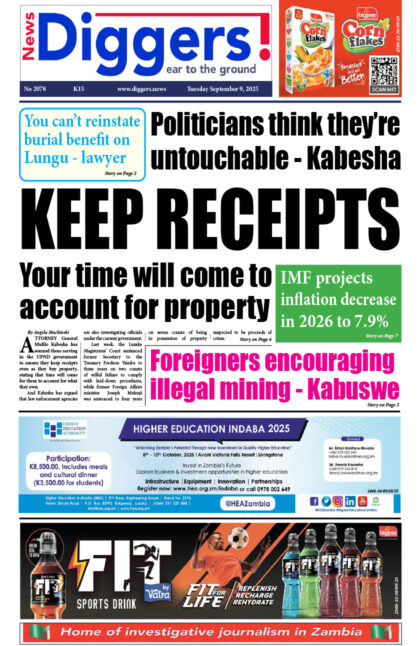ZESCO says despite the Energy Regulation Board (ERB) approving its emergency tariff hike, the seven hours of power supply which was indicated in its application will be dependent on the cash inflows because it needs to import power. In an interview, Zesco spokesperson Matongo Maumbi said although the power utility will effect the emergency tariffs on November 1, 2024, it was unlikely that the money needed to import power would be raised within a month. “That position will be discussed next (this) week and so that is why I put a disclaimer that we have acknowledged the conditionalities. But just from a standard point of view, the tariff increment is for 1st November. But income will only come within November...





